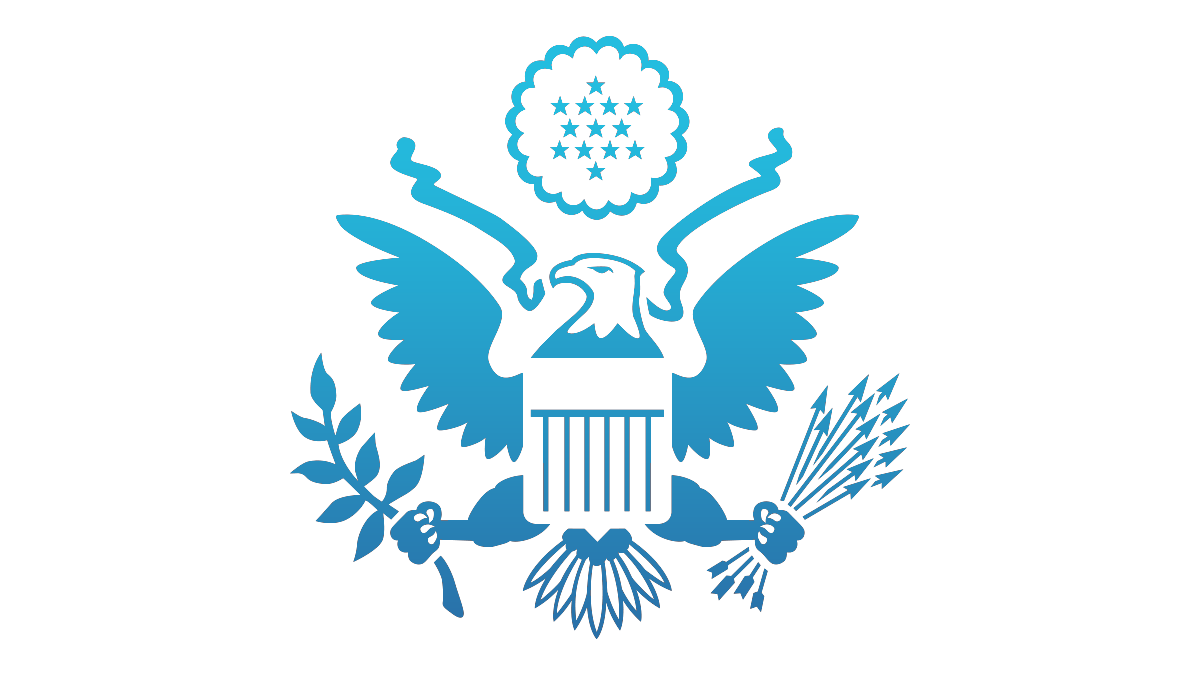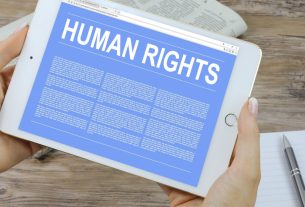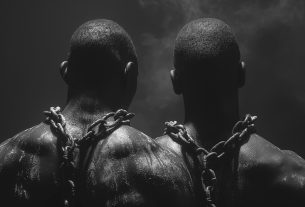Thank you, Dafna, and good afternoon, everyone! I am so honored to join Secretary Blinken, Assistant Secretary Rand, our partners at the McCain Institute and Humanity United, and all of you in celebrating the truly remarkable recipients of the 2024 Secretary of State’s Human Rights Defender Award!
Our honorees hail from diverse countries – from Azerbaijan, Bolivia, Burma, and Colombia to Eswatini, Ghana, Kuwait, and the Kyrgyz Republic. But together, they are united in their personal courage, drive, and resilience to defend human rights and fundamental freedoms.
As we celebrate their contributions, we also recognize the significant hardships and dangers they – and often their families, friends, and communities – face due to reprisals against their work: threats, harassment, unjust imprisonment, torture, and even death.
There is perhaps no greater examples of these hardships than one of our award recipients, Rufat Safarov, who while preparing to travel to the
United States to receive this honor was unjustly detained by the Azerbaijan government. We strongly condemn this arrest and call for his immediate release. And we must also recognize, Thulani Maseko of Eswatini. Thulani should be here today to receive this award for his vital human rights and democratic reform efforts, but he was taken from this world too soon by brutal killers who still evade justice.
While recognizing the remarkable individuals we are honoring today, we also acknowledge that human rights defenders are not alone in their courageous efforts. Alongside each defender is a chorus of partners, from family and friends to peers and ordinary citizens who stand with them and all too often also face the repercussions for speaking truth to power.
The United States, too, stands alongside you. President Biden made a commitment to prioritize human rights in our foreign policy. And as I stand before you at the end of this Administration, I can humbly say that, while we may not always live up to the standards to which we aspire, we have delivered important progress and innovations that will leave a lasting legacy on human rights around the globe, including:
Leveraging global institutions to address U.S. human rights priorities, where we made a firm commitment to reassert U.S. multilateral leadership, return to UN bodies like the Human Rights Council, and build ties with new and emerging partners. Resulting milestone outcomes included, suspending Russia from the Human Rights Council due to its invasion of Ukraine and forging global consensus on the first ever UN General Assembly resolution on advancing safe, secure and trustworthy Artificial Intelligence for sustainable development. We also secured the world’s first-ever treaty on AI at the Council of Europe, which defines a shared vision for how rights-respecting governments will approach AI in a way that is consistent with respect for human rights, democracy, and the rule of law.
We also employed novel and diverse accountability tools to hold human rights abusers accountable. We expanded our toolkit with the strategic goal of changing behavior and deterring would-be violators. Through close cooperation with the Departments of Commerce and Treasury, we used export controls and sanctions to hold commercial spyware vendors like NSO Group, Intellexa, Cytrox, and others, accountable for selling malicious cyber intrusion tools to those repressing human rights and threatening human rights defenders. Here in the Department, we furthered these efforts by implementing a new policy that places visa restrictions on individuals who misuse commercial spyware or derive a financial benefit from the misuse of this technology, as well as their family members.
We also tackled new and emerging threats head on. Around the world, we see governments that are increasingly brazen in reaching across their borders through acts of transnational repression to target human rights defenders, journalists, and others who dare criticize them. They leverage emerging technologies to surveil and censor both at home and abroad. They manipulate information ecosystems to sow confusion and discord. But just as they have evolved, so have we. We’ve put Transnational Repression, or TNR, on the agenda of the UN and instituted a new policy at home to restrict visas for perpetrators. We have also provided more than $16 million in active programs to those defenders working to counter corruption, including the journalists working to expose it.
Carrying out this work would be impossible without the dedication of State Department colleagues unwavering in their commitment to human rights. Public servants like Brett Dvorak, who served as a human rights officer in our embassy in Baku and about whom you will learn more shortly. Champions like Brett, and his fellow human rights officers around the world, our Chiefs of Mission, and team members from our Bureau of Democracy, Human Rights, and Labor are critical to the United States’ efforts to advance human rights globally. Our successes are a product of the work they do each day to challenge injustice and build relationships with the defenders on this stage and others like them.
And now, I am thrilled to turn to our star attraction, who has been a lifelong champion for human rights and the brave defenders and public servants who drive this agenda. It is my sincere privilege to introduce U.S. Secretary of State, Antony Blinken.



